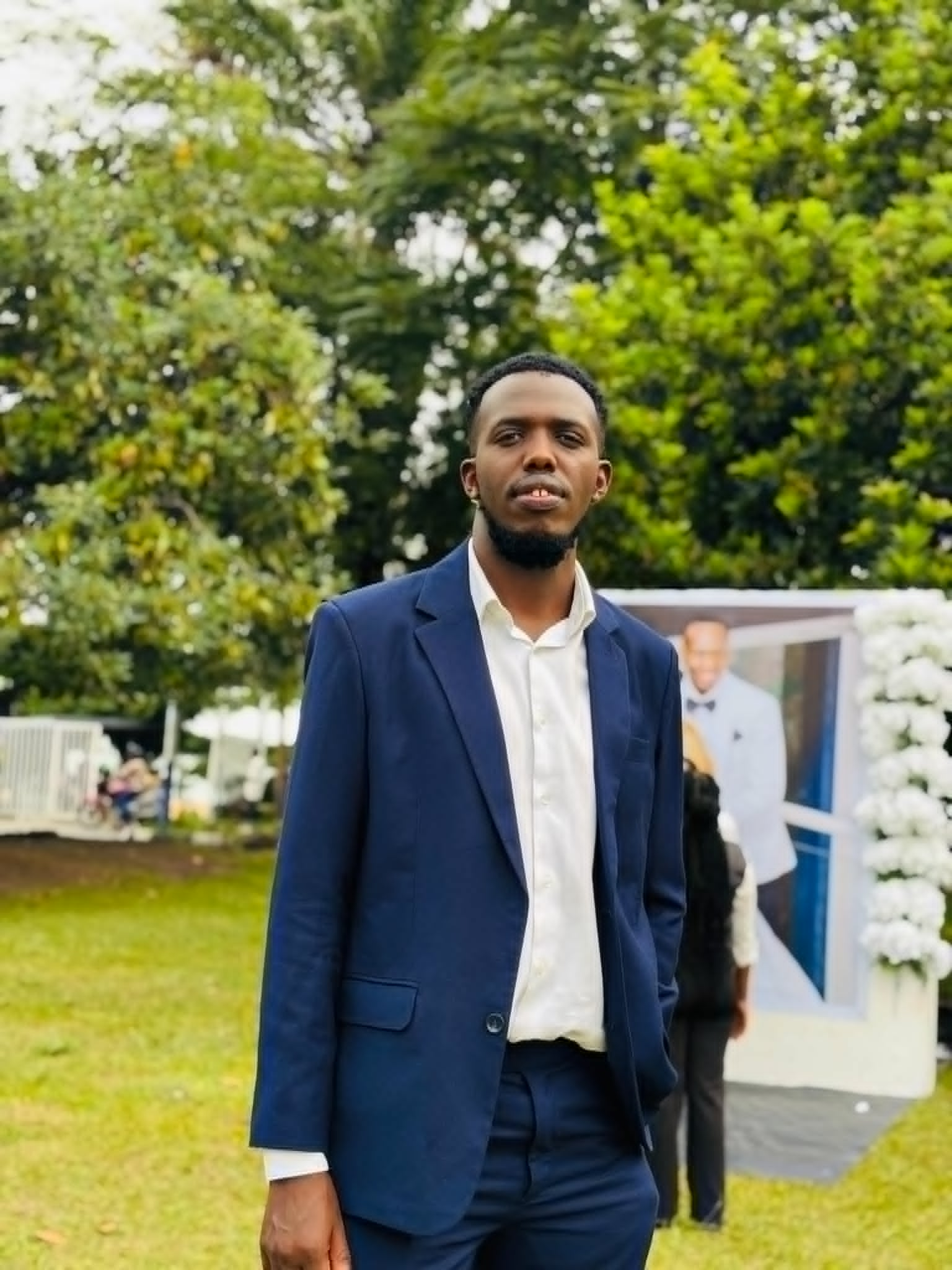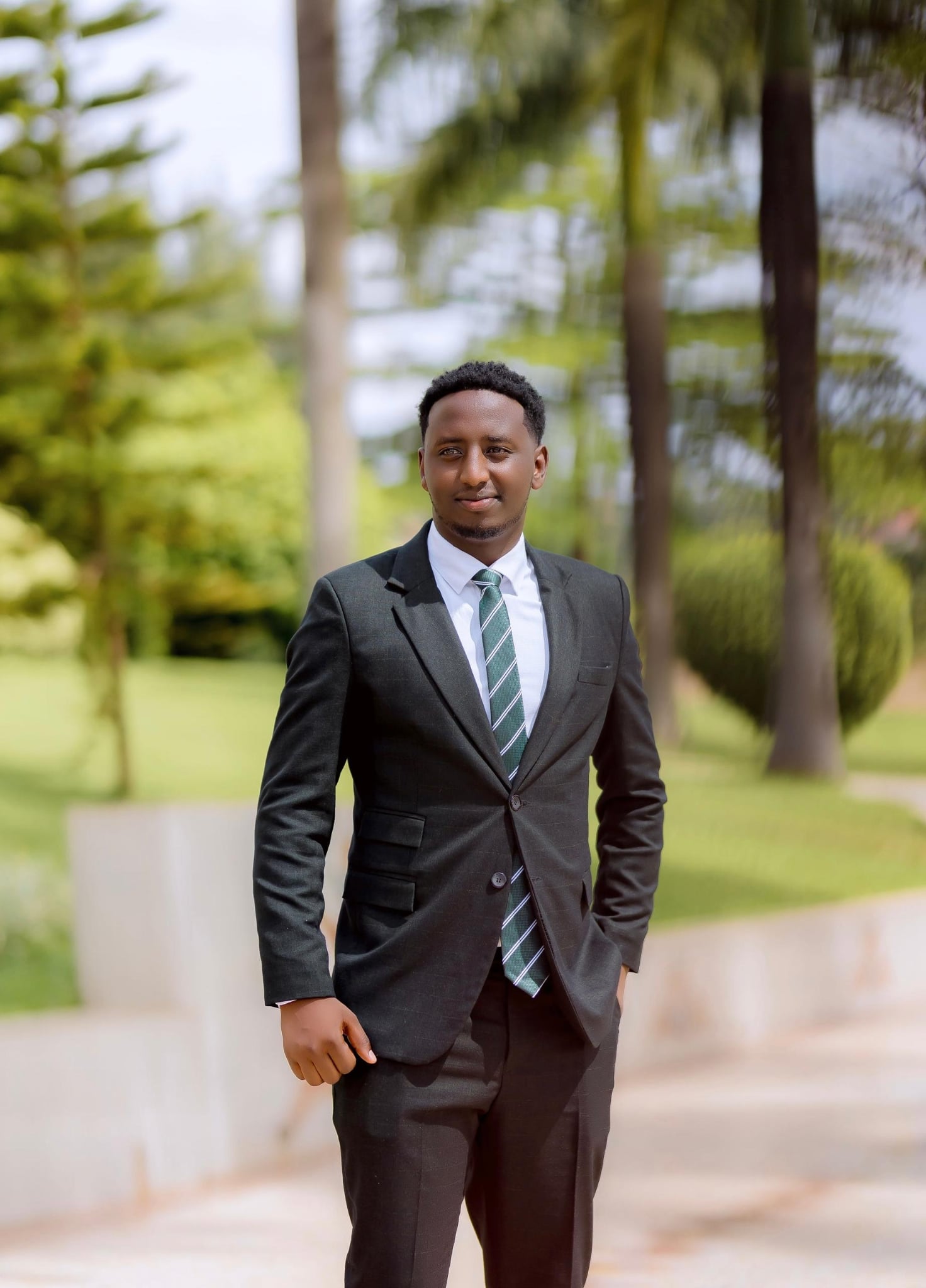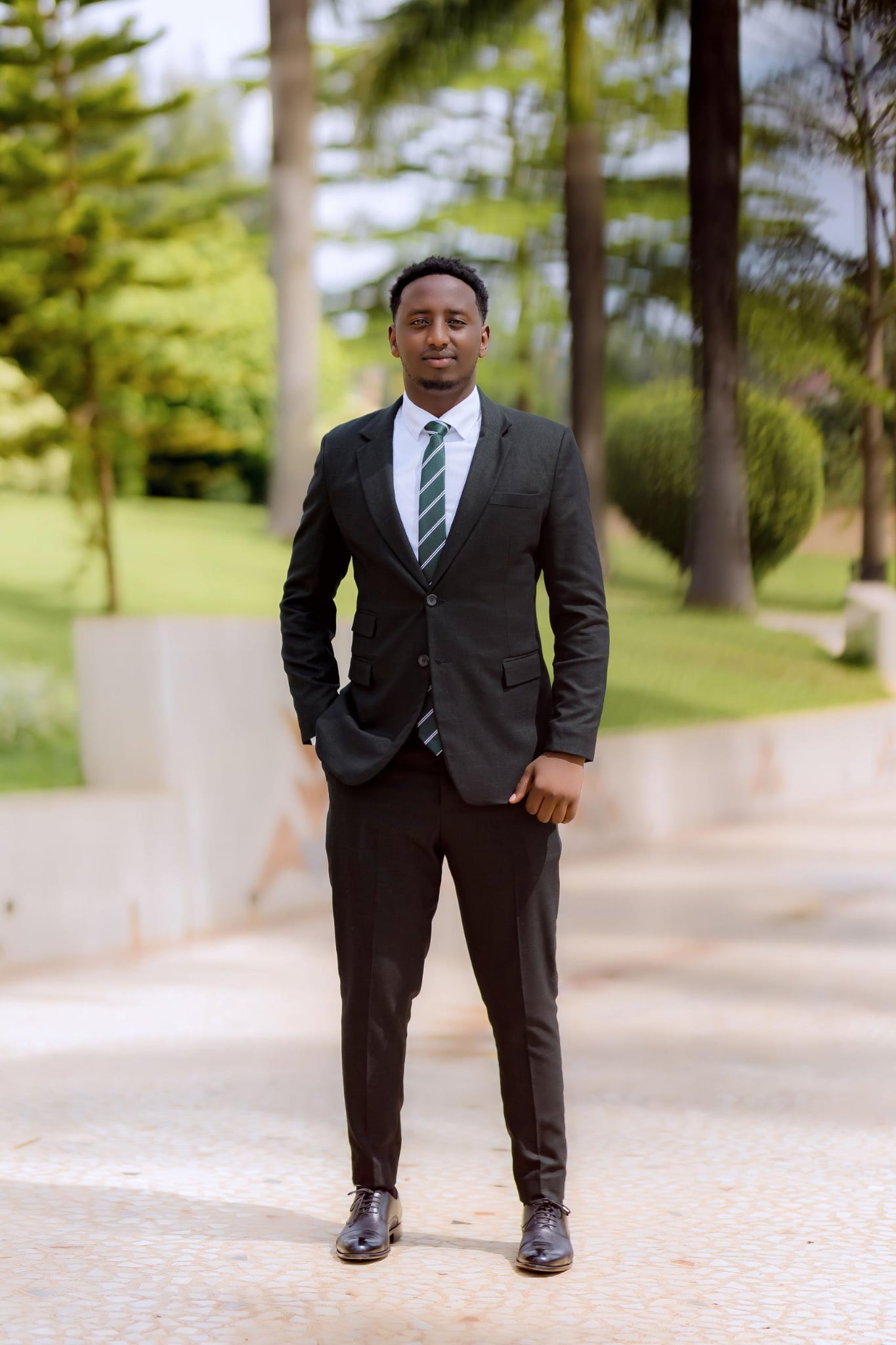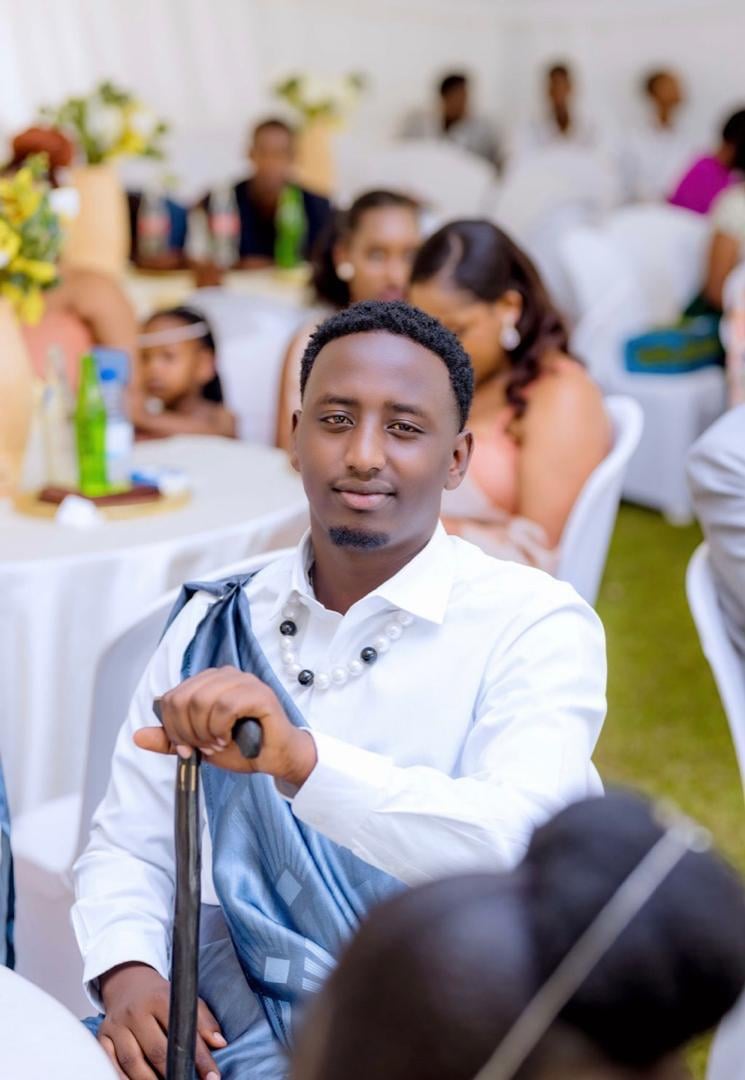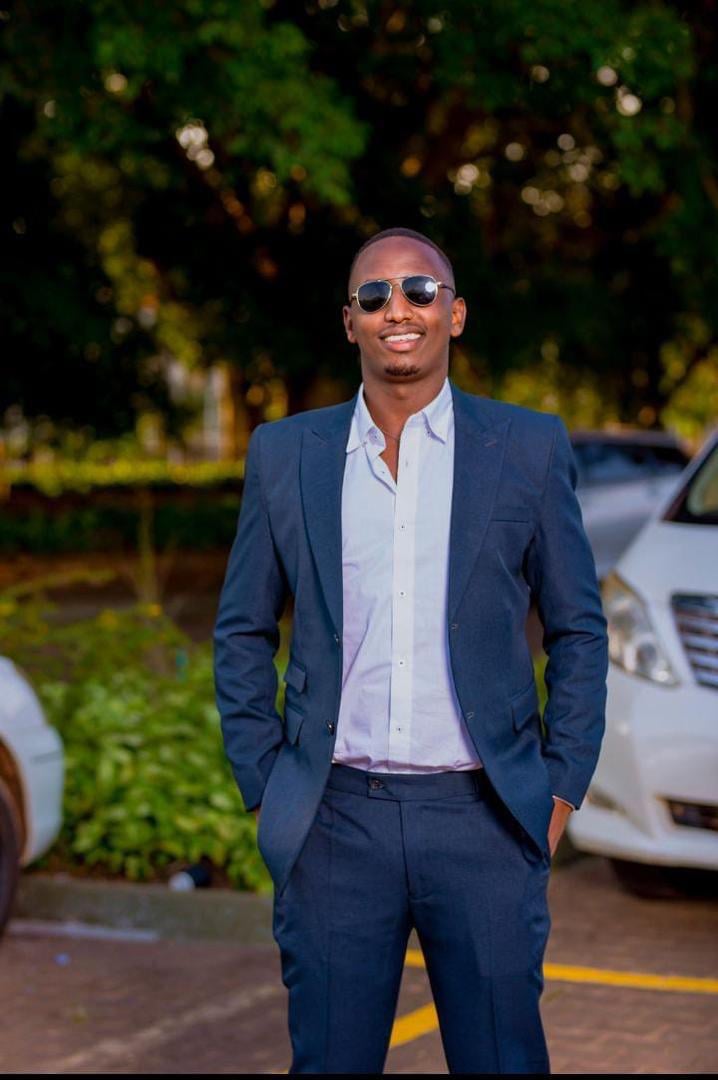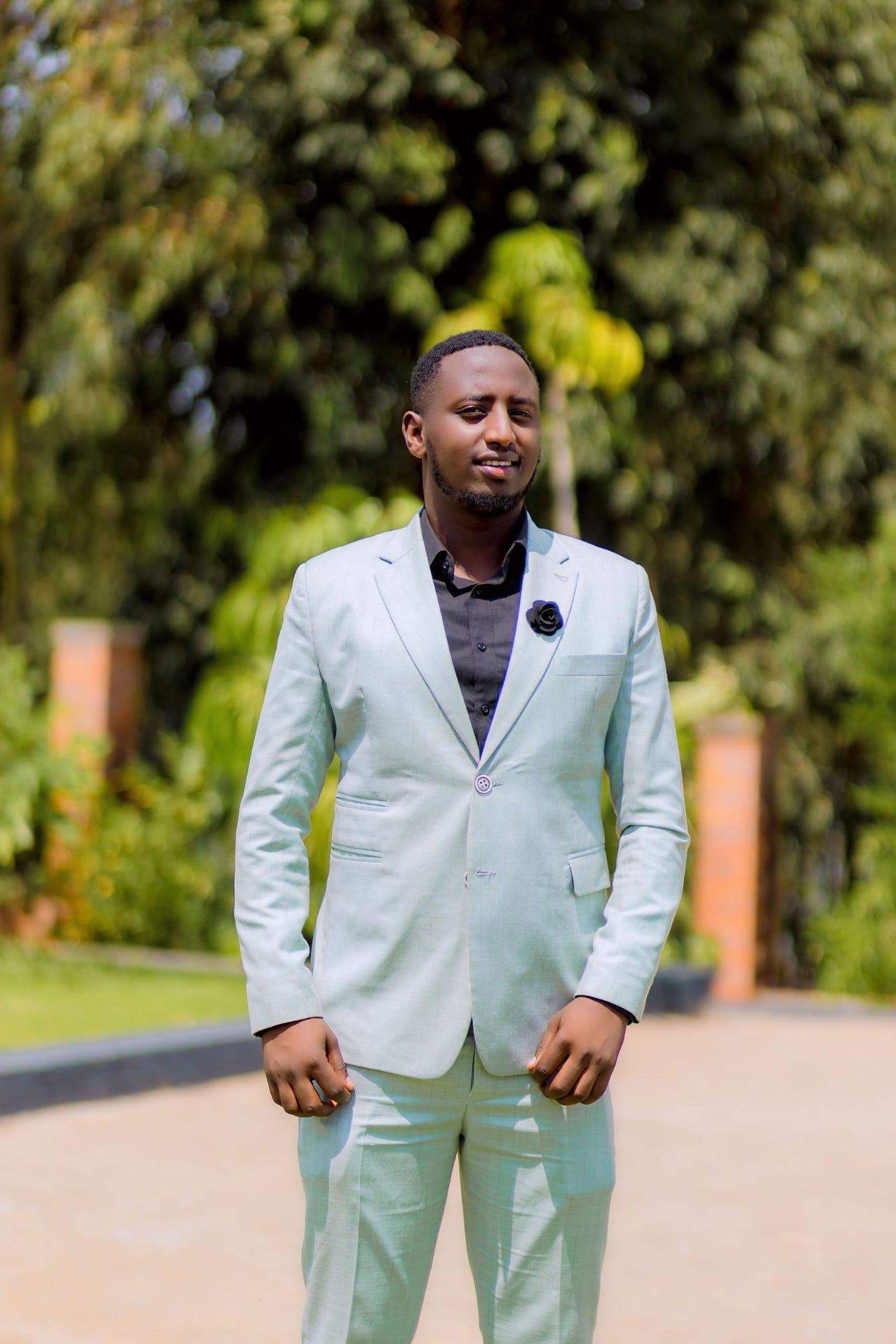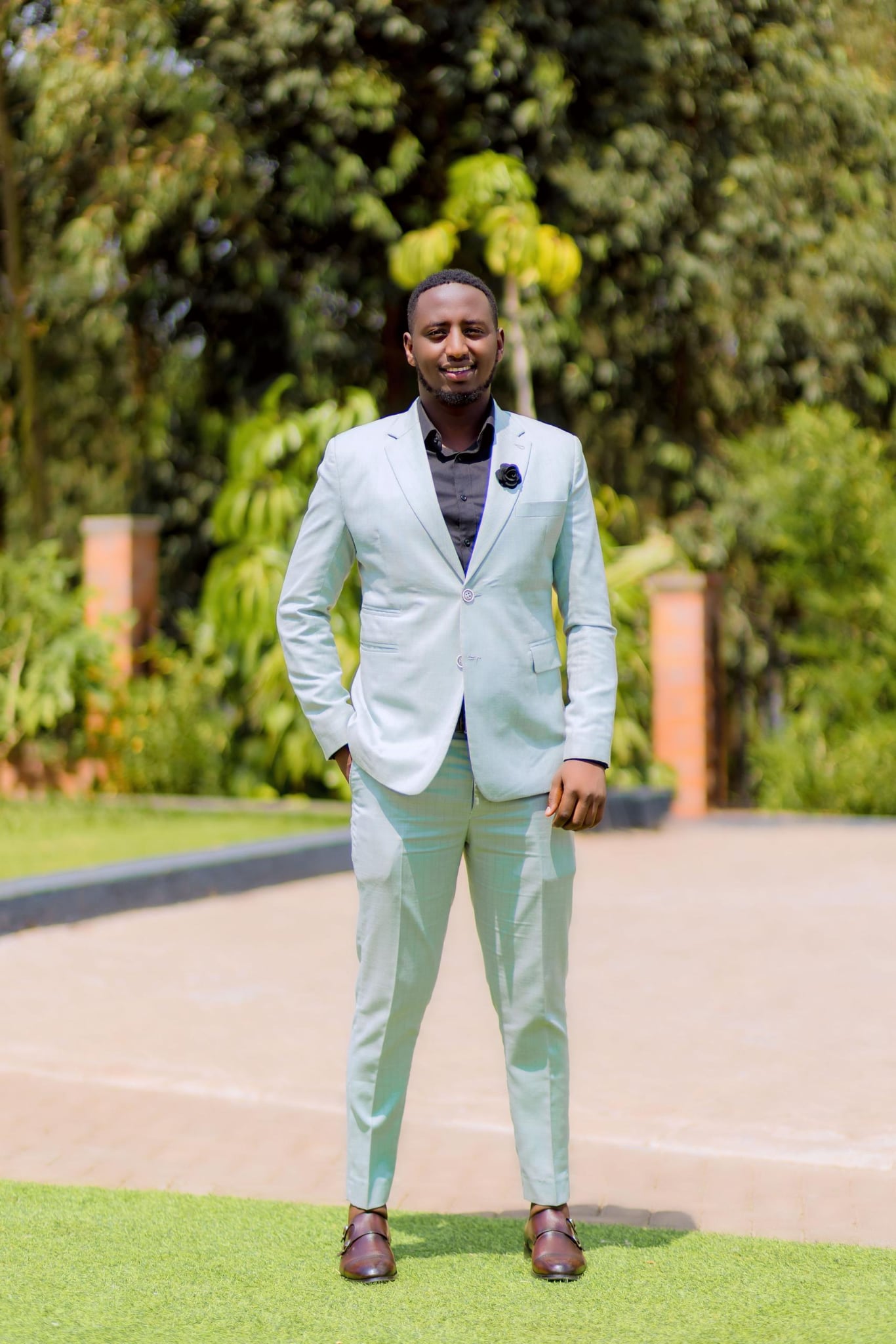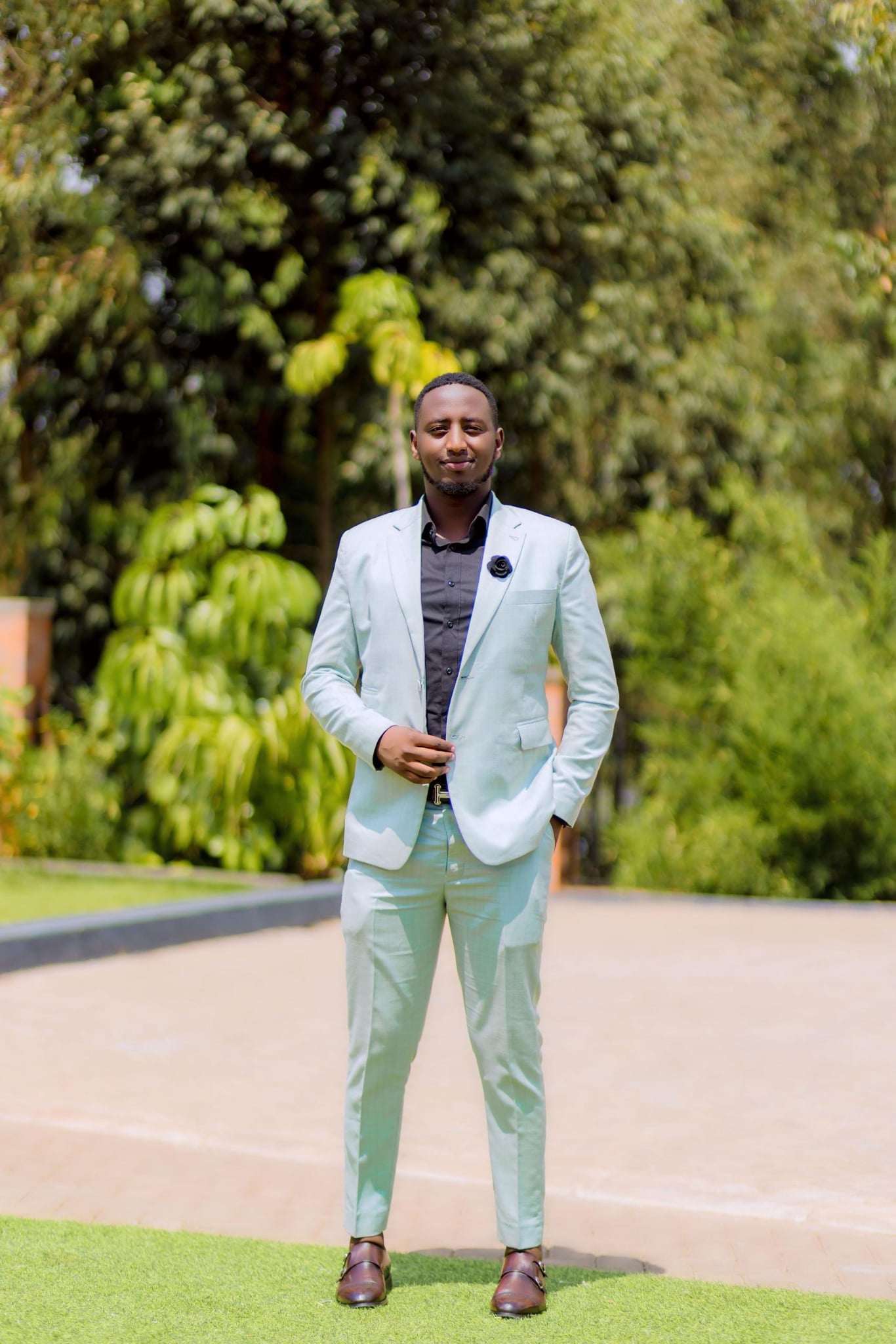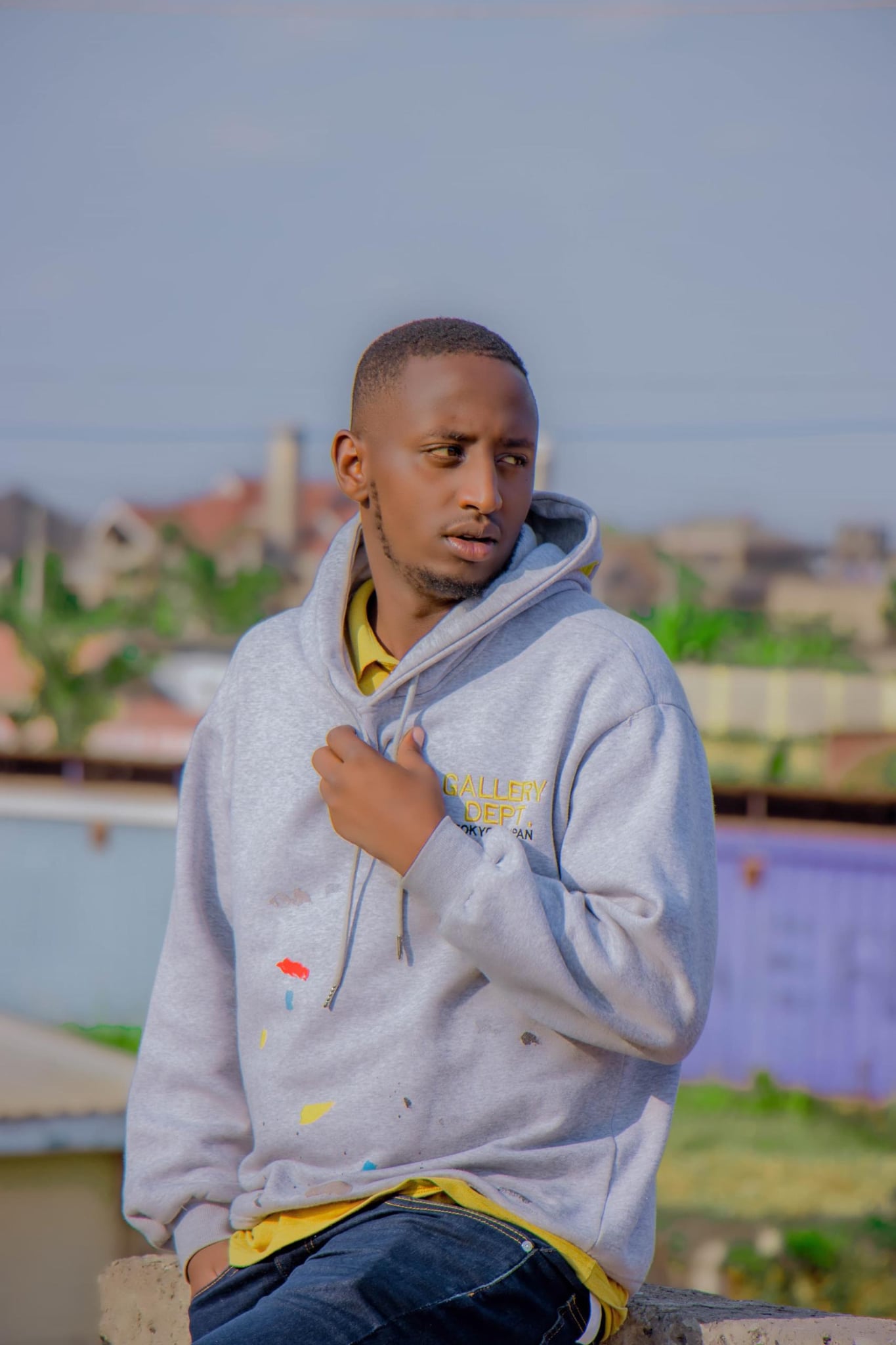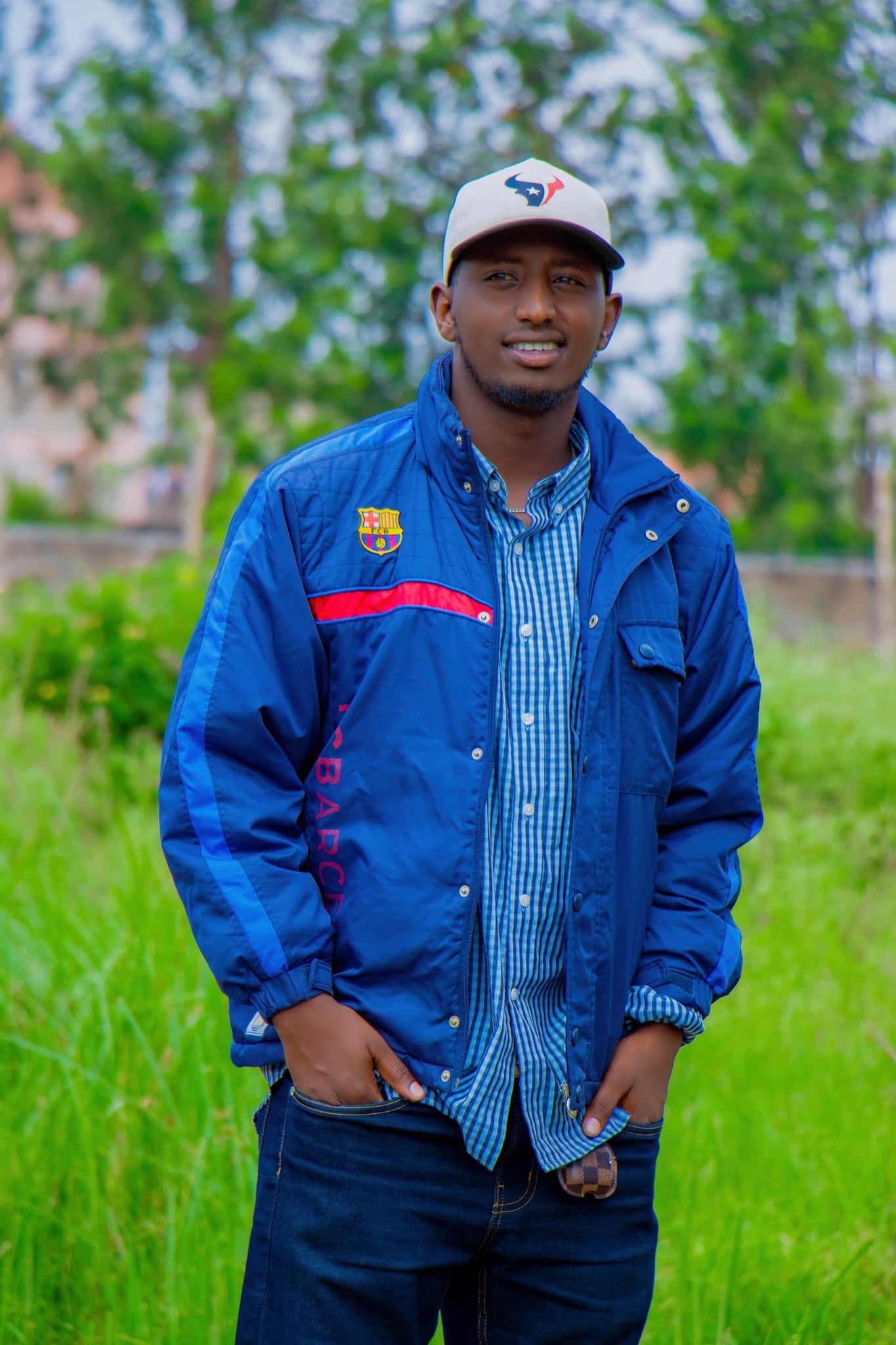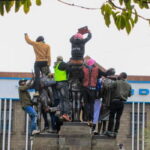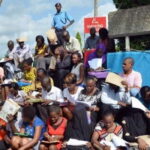Two young Banyamulenge comedians, Lewis and Samedi, have become widely known in the African diaspora for using comedy to preserve their cultural identity and uplift their community. In an interview with Afrovera.com, they shared how their artistic journey began, how they use humor to reflect real-life experiences, and why they believe their work carries an important message for the future.
Lewis, whose real name is Ndanyuzwe Lewis, describes himself as a “Umunyabyinshi” from the Umukabu clan, and a nephew of the Abadinzi. He explained that his father is Ered Rugirandeshyo, son of Sekinyamba, and that their family home is in Rugezi. His stage name is Matayo.
His colleague, known as Samedi, is Mbabarira Bien-Venue, a “Umusinzira” from Bwari. He is the son of Rubegorabamyi and grandson of Nzanzu. Their family used to live in Ishenge. He is a nephew of the Abega.
Lewis was working in a comedy team called Isekere. After the group split up, the two comedians decided to continue working together. According to Lewis, they were already friends, and both shared a deep respect for each other’s talent and potential. That foundation allowed them to begin creating comedy content as a duo.
📰 Also Read This:
Their content is mainly based on real-life situations. “Our comedy is mostly based on real everyday life,” they said. This connection to real experiences has helped them reach wide audiences, including members of the Banyamulenge diaspora, as well as other Swahili-speaking, Ikinyamulenge-speaking communities, Burundians and Rwandans.
One of their most popular works is a video series titled Ububagito bwa Matayo. The series received positive feedback, especially from church communities, who related to the message and saw it as a reflection of situations they experience in real life.
Living as Banyamulenge artists outside their homeland presents significant challenges. Lewis noted that life in exile requires constant effort and resilience. “A Munyamulenge has to fend for themselves in every possible way, knowing no one is going to give you a handout,” he said. He added that success often comes from knocking on unexpected doors, and sometimes, those doors open.
When asked about recent discussions regarding the return of Banyamulenge people to their homeland, both Lewis and Samedi expressed strong support. “We fully support that idea. Going back home is absolutely the right thing to do,” they affirmed.
They also spoke about the pride they feel in being Banyamulenge. “It gives us a deep sense of pride. That’s why we do our work in the way we do, and often use Ikinyamulenge in our content,” they explained. Even though they are still learning the language, they said they are committed to using it in their content as a way of keeping their culture alive.
Lewis and Samedi believe comedy plays an important role in preserving culture and helping people cope with trauma, particularly among communities that have been displaced or live in exile. They said that their audience includes not only Banyamulenge people but also Burundians, Rwandans, and others who understand the language and context of their comedy.
They pointed out that years ago, in places like Rwanda, it was difficult for people to publicly identify as Banyamulenge. “But because we came into this profession and used our platforms to promote the Banyamulenge identity, our videos spread all over social media,” they said. They believe that their visibility has encouraged others, including gospel artists, to proudly claim their identity as Banyamulenge.
Their long-term goal is to make the name “Banyamulenge” widely known and respected. “Just the fact that someone can sit in front of a camera and say ‘I am Munyamulenge’ without shame is already a big victory,” they said. They hope that future generations will continue this work and that they will be recognized not only as comedians but also as representatives of the Banyamulenge people.
They also had messages for young people in their community. To those living abroad, they encouraged them to stay connected to their roots and support their people in any way possible. “If you help someone back home, a widow, an orphan, you’re showing love for your people,” they said.
To youth living in refugee camps, their message was one of hope. They urged them not to give up. “Sometimes people in camps think their lives won’t improve. But there comes a time when you leave those camps and start thinking beyond what you once thought possible,” they said. They added that remembering where you come from and keeping a connection to your homeland is important, even when living in foreign countries.
The comedians recently visited their homeland and were surprised by what they saw. “It was clean, peaceful, and full of activity. People are moving around, life is happening,” they said. Their visit gave them hope that return is not only possible but necessary. “A Munyamulenge is a Munyamulenge and deserves to be respected in their own land,” they concluded.
Lewis and Samedi continue to create content that entertains, educates, and empowers. Through their work, they are helping shape the narrative of a people who have long been misrepresented or forgotten. For them, comedy is not just about making people laugh, it’s about making their identity heard.
